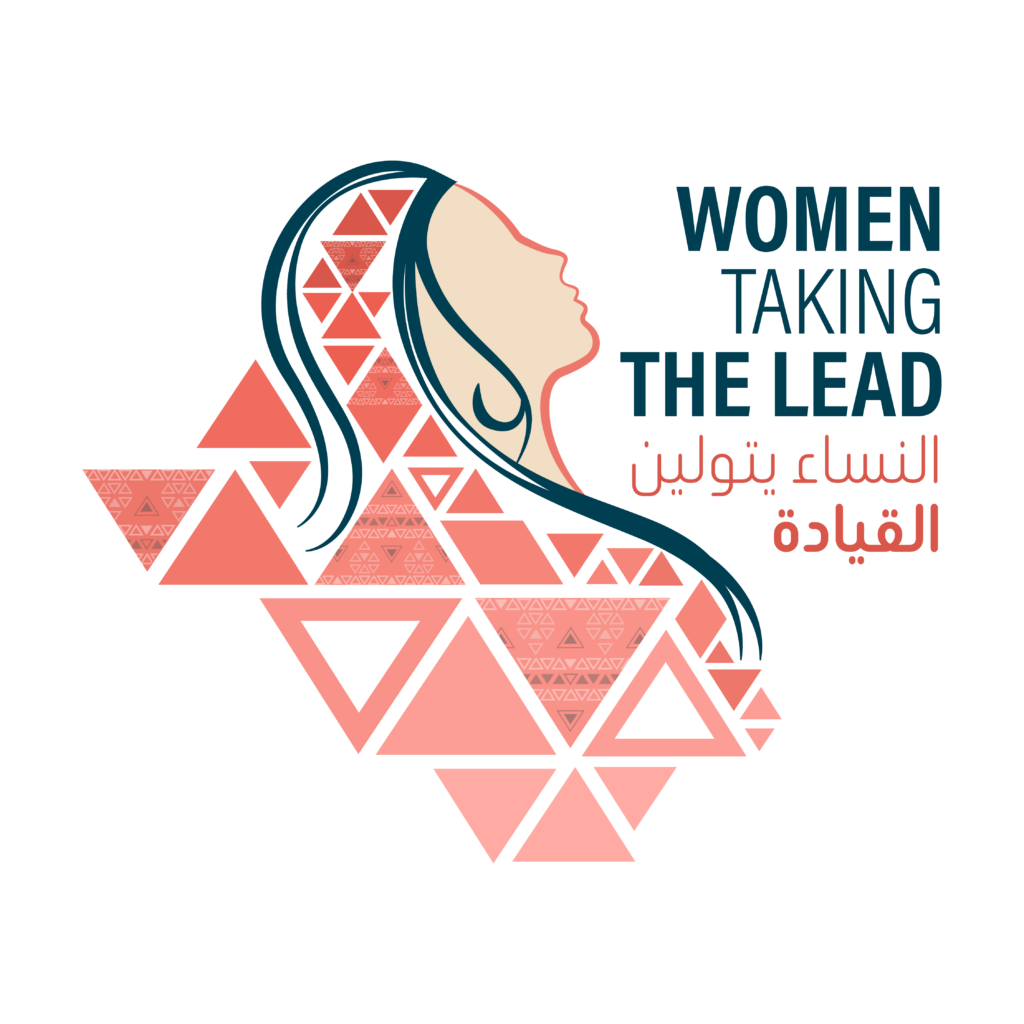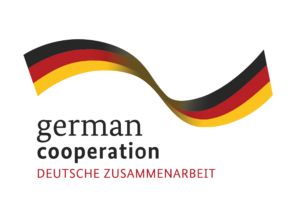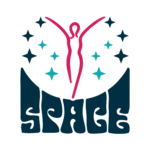- Country: Iraq
- Project Name: Women taking the lead
- Contact person: Hanin Dabbagh, dabbagh@elbarlament.org
- Project duration: October 2024 – March 2026
- Project objective: Empower women-led civil society organisations to engage in policy dialogue and advocacy, ensuring that women’s voices are heard in shaping the future of Iraq.
Women Taking the Lead

“Women Taking the Lead” is a comprehensive 18-month project by elbarlament aimed at bolstering the political and social participation of women in Iraq. The project builds on the achievements of our 4-year long outstanding project Women Talking Peace, with a particular focus on strengthening the capacities of key state institutions to effectively implement the Women, Peace, and Security (WPS) agenda and UNSCR 1325. It addresses the nexus of women, climate, peace, and security by targeting staff from the Ministries of Defense, Justice, Interior, Labor, Social Affairs, and Environment, alongside climate activists and women’s rights advocates from the MENA region.
In a country facing significant challenges, including political instability, climate change, and social fragmentation, the project addresses the root causes of inequality by promoting women’s leadership in decision-making processes. It supports the design of effective policies and coordination mechanisms related to women, climate, peace, and security. The project also empowers women-led civil society organisations to engage in policy dialogue and advocacy, ensuring that women’s voices are heard in shaping the future of Iraq.
Several interconnected challenges impede women’s full participation in the country. These include:
- A fragile democratic system: With weak state institutions, corruption, and a lack of established democratic culture, the environment for women to engage effectively is compromised.
- Climate change: As the fifth most vulnerable country to climate change, Iraq sees women disproportionately affected by water scarcity, displacement, and economic hardship, limiting their agency in peacebuilding.
- Patriarchal norms: Deeply ingrained social structures restrict women’s roles in public life, hindering their access to decision-making positions and leadership roles.
The project will focus on building capacity and improving coordination to empower women in peacebuilding, policymaking, and climate action. We will conduct training workshops for ministry staff on topics like the Women, Peace, and Security (WPS) agenda and the connections between women, climate, and security. In addition, we will use a “Training of Trainers” approach to enable participants to teach others, ensuring that knowledge spreads within ministries at all levels. More specifically, we will collaborate with the following key ministries, crucial for implementing the Iraqi National Action Plan (INAP) on women, peace, and security:
- Ministry of Interior (MoI): Focuses on enhancing the protection of women from violence and increasing women’s representation in police and security forces.
- Ministry of Defence (MoD): Aims to increase the acceptance of women in leadership roles within the military and civilian capacities.
- Ministry of Labour and Social Affairs (MoLSA): Plays a critical role in INAP implementation and will be supported in developing more structured processes.
- Ministry of Justice (MoJ): Requires further capacity building on UNSCR 1325 and support in creating effective structures for implementing the action plan.
- Ministry of Environment (MoE): Will be trained on the Women Peace and Security(WPS)-climate nexus to integrate transformative approaches into climate change and environmental policies.
We will also provide specialised training sessions for civil society activists and climate experts across the MENA region to improve their skills in policy-making and advocacy.
In an effort to enhance collaboration and networking, we will facilitate inter-ministerial trainings to strengthen coordination among Iraq’s key ministries and support the development of joint action plans and organise regional networking meetings for Civil Society Organisation activists to share experiences and promote collaborative initiatives on WPS and climate issues.
Finally, we will support research on climate-related impacts on women, with findings shared to foster dialogue and create new strategies for addressing regional challenges.
This project is implemented as part of SPACE. SPACE is funded by the German Federal Ministry for Economic Cooperation and Development (BMZ) and supported by the Deutsche Gesellschaft für Internationale Zusammenarbeit (GIZ) GmbH. 
